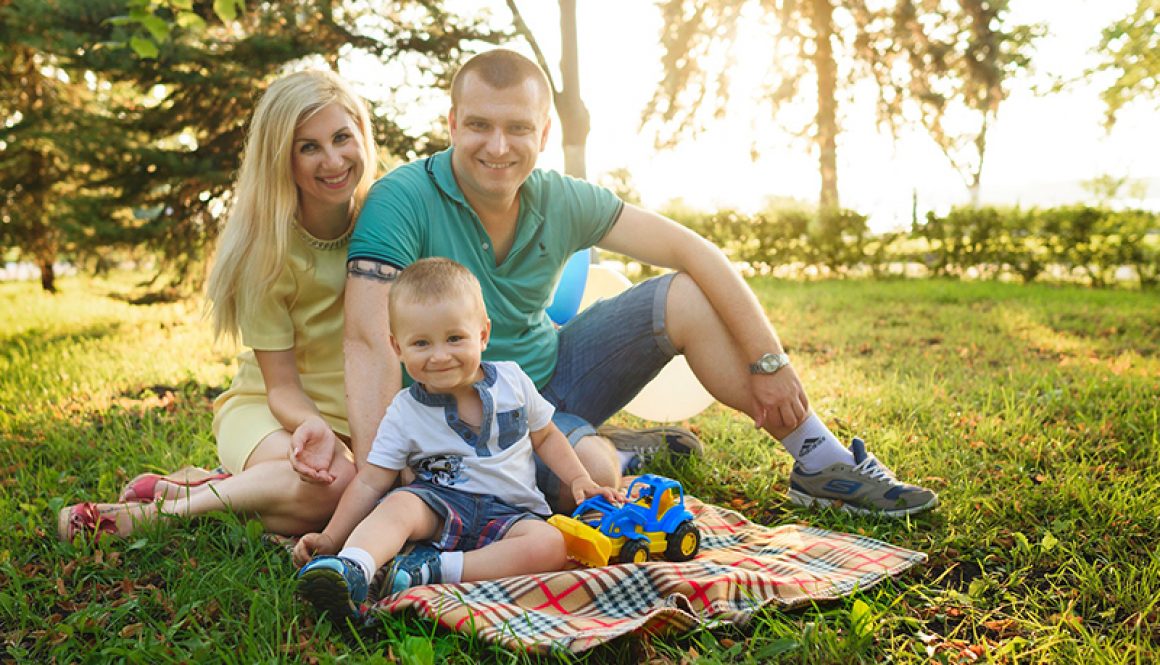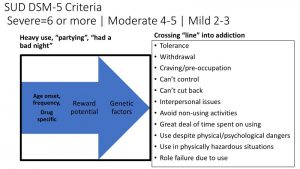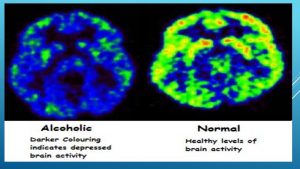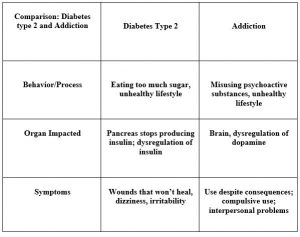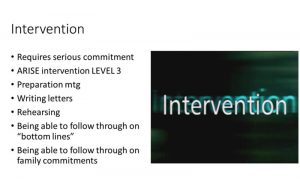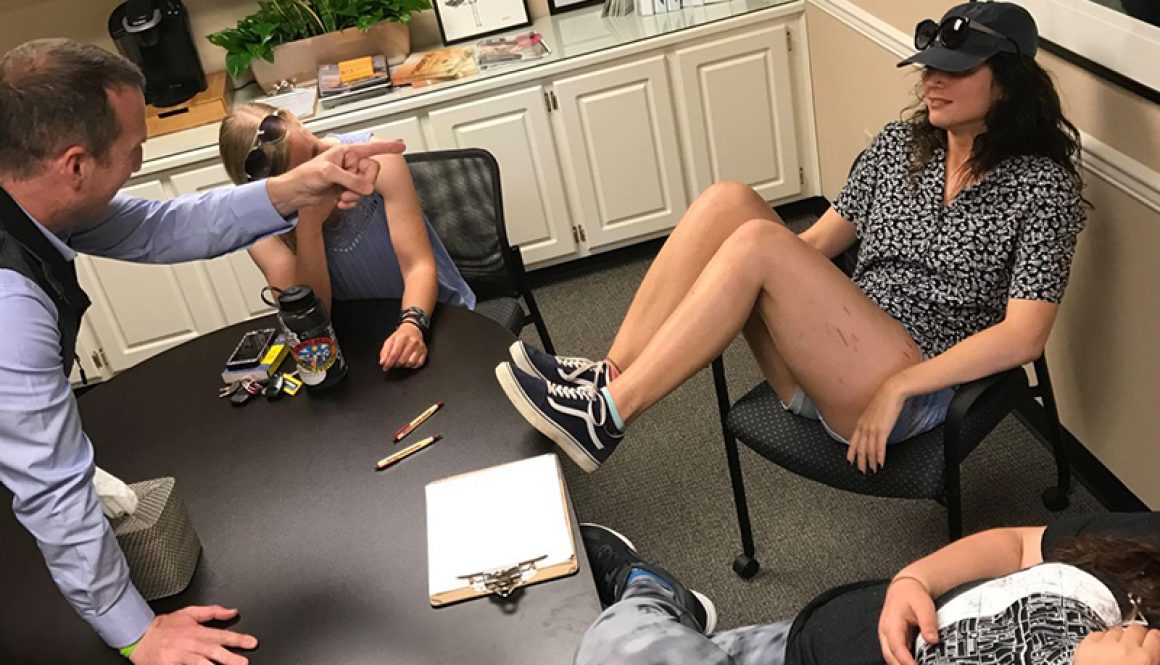Parenting through the behavioral health apocalypse!
The Behavioral Health Apocalypse!
Before I get to my article on the current state of behavioral health, I would like to make it clear what I intend to do with The Recovery Cartel blog. There are several very important objectives.
1.) I write so that my head does not explode. I have continuous and ever-present thoughts surrounding addiction, mental health, sociology, societal problems etc… And I have very serious observations and opinions regarding society’s response to these issues. If I don’t write about and/or talk about it my head is likely to explode. I don’t want that to happen.
2.) I write for a targeted audience. Specifically, an audience that wants to take a deeper dive into an issue. If you want clichés and the standard company line, I’m not the guy for you. If you want to go deep on the macro-issues and explore causes and conditions then this is the place for you.
3.) I want to explore NEW solutions and try and shatter the existing paradigm. I think we are fighting a battle against substance use disorders and mental health issues using antiquated and illogical techniques.
4.) I intend to write really long posts. Read the whole thing. If that resonates please sign up for my blog posts.
Today I would like to explore parenting through our current behavioral health apocalypse…
Mental health rates among youth and young adults at a record high. Overdose is number one killer of people under the age of 50. The social media explosion and the smartphone era is leading to an entire generation of overwhelmed and disconnected people. In the meantime, substances are evolving.
It seems like more and more powerful drugs are being pushed into the market. The DEA is under the control of big pharma and the prescription opioids are going to keep coming. It’s the perfect storm for this overdose epidemic. We also need to acknowledge the record setting suicide rate and our ineffective systemic response in this area as well. We are a country in the middle of a behavioral health crisis.
It is especially difficult for parents dealing with a child’s behavioral health crisis. Despite more need than ever, there is little specialization in this area. Family based responses are the exception not the norm and parents are cycled through traditional framework which was never intended to address parent to child relationships.
3 problems to ponder as you parent through this perfect storm?
Problem: Psychological Beat Down Associated With Raising Kids: It used to be that a parent’s job was to “raise” your kids. Get them to age 18. Maybe early 20’s if they went to college. Get them through the experience relatively well adjusted. Get them through relatively healthy. Prepare them for the future but not prepare their future.
Then Dr. Spock came along and told parents to become friends with their children. Then parents started to live vicariously through their kids. Parents became obsessed with their children’s achievements. Get them on this team and in this activity. Buy them this car and these clothes. Must get them into Harvard. Must see them achieve.
Parents always encouraged their children. Parents even demanded hard work from their kids. But parents in the past did not tie their own self-esteem and self-image to the success of their kids. That all has changed.
Imagine how much more complex and problematic this reality is made by substance use disorders. How the stigma feeds into the already existing sense of failure and inadequacy that many parents feel.
Here’s a common scenario:
When you meet someone at the grocery store:
The first thing they do is tell you about their kid.
Super Parent: “Joe just finished first in competitive pogo-stick jumping and he’s ranked second at
Stanford School of business. How is your kid doing”?
Imperfect Realistic Parent: “Well… he was named president of his unit at rehab… we are hoping he
does 90 meetings in 90 days when he comes home because they told us this is his after-care”
Not a very pleasant experience…and in most cases the imperfect parent takes evasive action and avoids the question. Redirect the conversation to the broccoli sale in aisle 13… and then leave the store feeling terrible about yourself and the situation.
Solution:
● Work on conscious contact with the facts of life for EVERYONE on this planet. No family is perfect. The “hallmark movie” family is a myth. The perfect Sunday School family is a myth.
Everyone is dealing with some type of struggle. For some it is a mental health or a substance use issue. For others it is a medical condition. For others it is infidelity or divorce. Just look at the rich famous members of the celebrity class. Good God they are completely miserable.
● Bonus advice: Accept yourself and accept the fact you are going to avoid the conversation.
Avoid people who want to vicariously live through their children. Go for it. Its self-preservation.
Problem: Bubble Wrap Generation And Addiction: Participation trophies. Self-esteem training classes.
Medals for everyone. If everyone gets a trophy then no one feels left out. But, if everyone’s a winner then no one is a winner. We created this. My generation. Me as a parent. I feed into this bullshit. I don’t want my kids feeling less than. It’s our fault. It’s not just the millennials. It’s the pre-millennials (I just made that up).
The term helicopter parent is born out of this dynamic.
When addiction, mental health, or emotional issues enter the picture for the bubble wrap generation the helicopter parenting instincts will kick into high gear. Remember, the helicopter parenting dynamic goes way beyond addiction. Helicopter parenting is the norm today. Parents spend all day driving their kids around. As stated above. Getting them involved in swim class, gymnastics, soccer, Chinese checkers tournaments, gluten free baking courses etc… Parents spend all night doing their kids science project with them. Checking the elementary school website for the latest assignments. Planning the bake sale to raise money for the field trip to view manatees for science class. PARENTS ARE CONDITIONED TO BE HELICOPTERS.
THEN ADDICTION AND MENTAL HEALTH ISSUES SHOW UP AND ALL THE PROFESSIONAL GENIUSES IMMEDIATELY TELL THEM TO DETACH. Then mom and dad have trouble detaching and they beat themselves up for not utilizing “tough love” effectively:
“I’m the worst enabler in the world”!
“I know I have made this worse…look at me I’m the poster child for enabling”….
And all this anxiety and emotional energy is wasted on this useless “detachment” battle.
Keep in mind the therapists who are telling you to “detach” are rushing home to make sure that little Suzy gets to her weekly “future astronauts of America club” on time because God knows this will surely get her into Harvard.
100% Ridiculousness!
Solution: This advice is for the “helpers” not just the parents. This is not 1955. Too many times the “advice” given to parents come out of the Al-anon tradition. When Al-Anon was founded the group was not addressing parents of 18 year-old heroin addicts. They were addressing wives of 50 year-old alcoholics. Detach with love was invented for spouses not for parents.
You may get to a point where you can detach but you need to be easy on yourself while on the journey. Have an understanding of the truth around parenting through behavioral health issues. Attend support groups and get educated. Try to avoid groups that make you feel worse about yourself. Definitely avoid therapists who make you feel worse about yourself.
Try and keep perspective. You will eventually be able to set the appropriate boundaries…but is likely to be a process of starts and stops.
Problem: Today’s PILL CULTURE And The 7 Minute Psychiatric Appointment: When did the pill culture take over America? According to the Center for Disease Control (CDC) 48.9% of Americans report being on at least 1 prescription drug in the past month; 23.1% report being on 3 or more prescriptions in the past month; and 11.9% report being on 5 or more prescription drugs in the past month. Obviously, these medications are warranted in many cases.
Seventy five percent of doctor visits result in a prescription being issued. We certainly have developed the mentality that a pill is the preferred solution for what ails you in terms of physical health. Is this the same for behavioral health issues? It seems to be the case. Some interesting points to consider from Medco and their America’s State of Mind Report): Click here to read the report
● Overall, the number of Americans on medications used to treat psychological and behavioral disorders has substantially increased since 2001; more than one-in-five adults was on at least one of these medications in 2010, up 22 percent from ten years earlier.
● The most notable increase in the use of these medications (anxiety medications) was seen in children ages 10-19; utilization increased among this age group by almost 50 percent. While younger people showed marked increases, older people showed declines.
● In the United States, an estimated 5.4 million children ages 4 to 17 have been diagnosed with ADHD and the percentage of children with a parent-reported ADHD diagnosis increased by 22 percent between 2003 and 2007 according to the Centers for Disease Control (CDC).
● While it is well known that ADHD is prevalent among children, diagnosis and treatment of ADHD has in fact grown at a much faster rate among adults. Additionally, a gender shift occurs in adulthood when slightly more women are shown to be using ADHD drug treatments than men. Among adults, women ages 20-44 showed the highest prevalence in use of ADHD drugs in 2010 (nearly 2.0 percent) and saw the greatest spike in their numbers, rising 264 percent from 2001- 2010.
We could go on all day exploring these trends. The bottom line is. Pills have become part of everyday culture in America. A pill is the solution for everything from sexual dysfunction to sleep problems to inability to get your work done.
And wonder why Johnny would go to a party and “take a dangerous” drug for recreational purposes. We have told Johnny pills are your friend since he was 3 years old.
We also know that psychiatric services are focused on medication adjustments and not talking through issues. This is just the reality of the situation. In order to make the business model work psychiatrists must see more and more patients.
This lack of attention was chronicled in a New York Times article and has become the generally accepted norm. Here is a link to the New York Times Article: Click here
Parents will naturally be drawn to leaning on expert support. But what do we do when the expert doesn’t have time for us? What do we do when medication becomes the go to option for nearly all issues? What do we do when this is happening in the day and age of Xanax abuse?
Solution: Parents must become educated and system savvy. The days of blindly “trusting” the professionals are behind us. This is probably true of all of healthcare. It is definitely true where behavioral healthcare is concerned.
We all need to become our own advocate. If a provider is offended you ask questions or want more information start looking for a second opinion. Unfortunately, psychiatric services can be hard to find. Therefore, sometimes you must stick out with a sub-par provider. Never discontinue medication without doctor advice. But look around at other options.
Become educated about solutions that lay beyond the 7 minute psychiatric appointment. Solutions that lay beyond medication. Talk therapy, alternative therapy, mutual aid groups, life coaching, exercise, nutrition are all things that can contribute to emotional health. Your service provider may not suggest options. Unfortunately, people tend to stick to their favorite treatment modality.
Try to find someone who can serve as a case-manager or a coach regarding system navigation. Practical advice and feedback is invaluable. It can be especially beneficial to find someone who has “been there done that”.
If you are able to develop a plan of attack for these three problem areas you will be ahead of the game. This is a most difficult period of time to raise kids.
We all need support and useful information. I hope you sign up for ongoing Recovery Cartel posts.
I will be going after this issue in depth in future posts as well….


